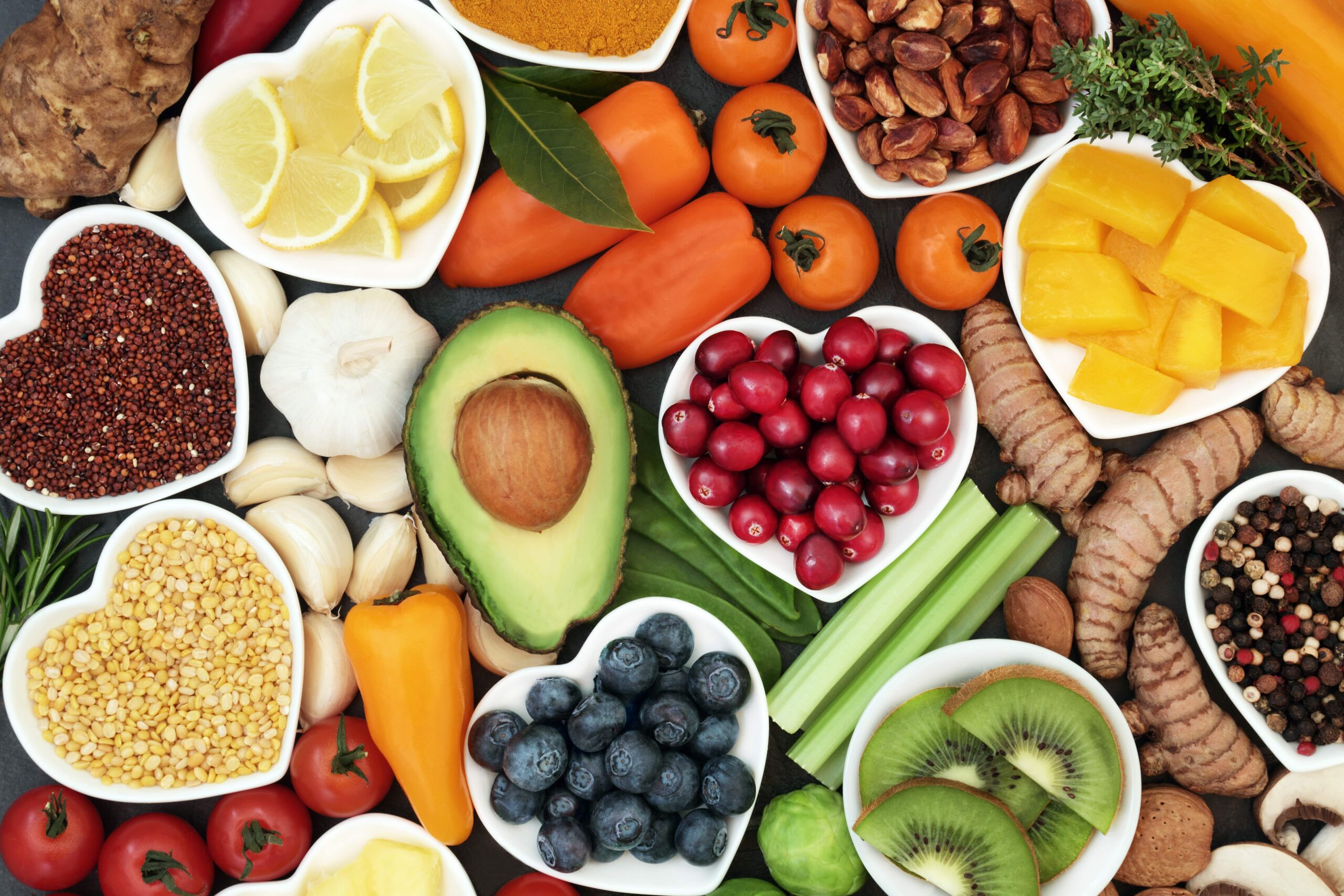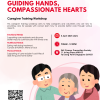Before we begin, let’s understand the few different types of chemotherapy:
- Curative chemotherapy works to eliminate all cancer cells from the body in order to achieve a permanent cure.
- Neo-adjuvant chemotherapy is conducted before the surgery and aims to shrink the tumour to make it possible for surgical removal
- Adjuvant chemotherapy aims to remove the remaining cancer cells that might be left in the body undetected after the primary removal surgery, this is known as a supportive therapy to prevent recurrences.
- Palliative chemotherapy is carried out when it is no longer possible to remove the entire tumour cells. This helps to relieve certain symptoms and to delay the progression of the disease.
How can I prepare myself before Chemotherapy?
1. Ask Questions
- Discuss your concerns with your health care provider.
- Having a clearer picture helps you to prepare better for what lies ahead.
- Example questions:
- What chemotherapy medications will I be taking?
- What side effects usually occur?
- Will I be given medication for the side effects?
- Who should I call if I have a problem?
2. Check your teeth
- Chemotherapy may cause side effects which affects your ability to eat well.
- It is a good idea to get your teeth checked by your dentist to ensure that they are in good condition for you to chew well and eat well.
- The dentist can also check for any existing mouth infections which may cause issues if chemotherapy lowers your immune system.
3. Take good care of yourself
- Maintain a healthy body weight (within the BMI of 18.5-22.9).
- Eat a healthy well-balanced diet of nutritious foods.
- Get enough water, sleep, and exercise.
- Good nutrition and exercise can help you to cope better with treatment.
- Speak to your dietitian to understand the type of diet which is suitable for your individual condition.
4. Prepare for side effects
- Have mental preparation for the possible side effects of treatment.
- Common side effects which affects eating include: loss of appetite, nausea, vomiting, diarrhoea, taste changes, dry mouth, mouth sores, unintended weight loss etc.
- Speak to your dietitian on how to manage these symptoms.
5. Organise your food supply
- During treatment you may be too tired to go groceries shopping or cooking.
- Before treatment begins, stock up your pantry and refrigerator with some of your favourite, easy to prepare, nutritious food.
- Consider to make some meals ahead and freeze them.
- Write down a groceries shopping list consisting of Protein, Fruits, Vegetables, Carbohydrates, and Healthy Fats; ask a family member or friend to help you with groceries shopping during treatment.
- Arrange for healthy meals catering or delivery if needed.
Think chemotherapy as a process to fight cancer, it is only going to be a chapter in your life and not the entire story. I urge family members to also get yourself involved and join your loved ones in the battle of cancer. Cancer may have started the fight, but YOU will finish it.






